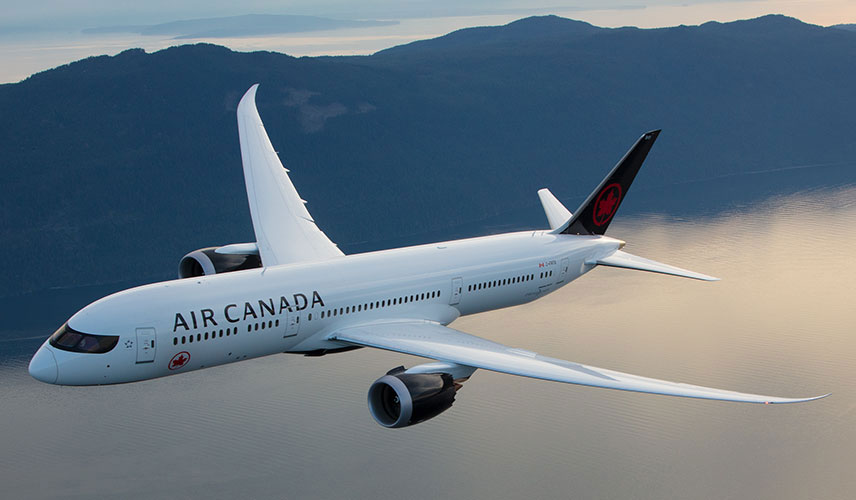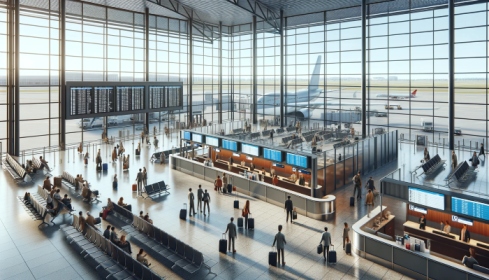Saturday, September 7, 2024 In a significant escalation of labor tensions, Air Canada pilots have overwhelmingly rejected a 30% wage increase proposal from the airline. This decision raises the likelihood of a potential strike, which could disrupt air travel across Canada as early as September 18th, according to the Air Line Pilots Association, International (ALPA), the union representing more than 5,400 Air Canada pilots. ALPA, a recognized labor organization for pilots in Canada and the United States, confirmed that its members rejected the proposed salary increase, citing that the offer still falls short of what pilots in other major North American airlines earn.
The union has consistently voiced concerns that Air Canada’s compensation structure is inadequate, particularly given the high cost of living in major Canadian cities such as Toronto, Vancouver, and Montreal. According to ALPA, many pilots find it increasingly challenging to maintain a reasonable standard of living due to these economic pressures, which is why the wage proposal was rejected despite Air Canada’s characterization of the offer as a “substantial improvement” over existing salary levels. Air Canada, the country’s largest airline, has emphasized that its wage proposal was competitive and designed to address long-standing concerns within the industry.

However, the rejection indicates a deeper divide between the airline and its pilots regarding compensation and working conditions. Official statements from the airline stress their desire to avoid any disruptions to their operations, particularly as they continue to recover from the setbacks caused by the COVID-19 pandemic and other challenges facing the airline industry. The looming threat of a strike by Air Canada pilots poses significant risks to the travel plans of thousands of passengers.
Air Canada operates both domestic and international flights, and any disruption in its services could cause widespread delays and cancellations. Passengers are advised by Transport Canada to stay informed about the evolving situation and to consider making alternative travel arrangements in the event of a strike. The government agency has also noted that strike action can lead to a reduction in available flights and longer processing times at airports, further complicating travel for both leisure and business travelers.
The rejected wage increase also underscores broader issues within the aviation industry in Canada, where pilot shortages and rising operational costs have created significant challenges for airlines. The federal government, through various transportation and labor ministries, continues to monitor the situation and has urged both parties to come to a resolution to avoid disrupting air travel, a critical component of the country’s infrastructure. With less than two weeks until the potential strike date, both Air Canada and ALPA remain in negotiations.
Passengers are encouraged to monitor official updates through government websites, such as Transport Canada and the Canadian Transportation Agency, to stay updated on any developments regarding flight disruptions or changes to airline schedules..



















